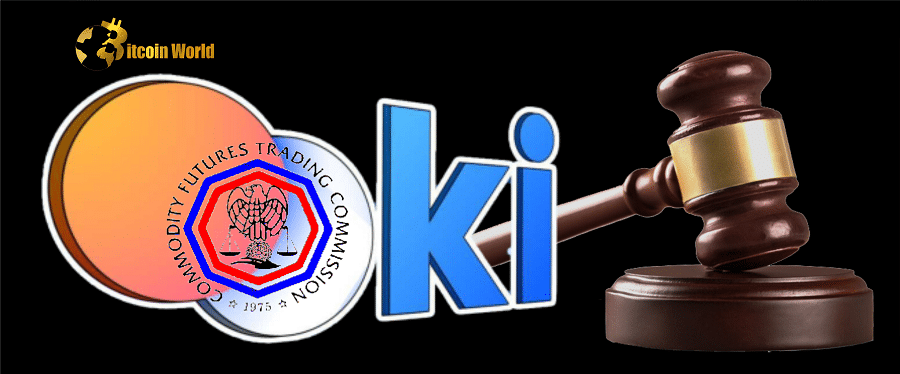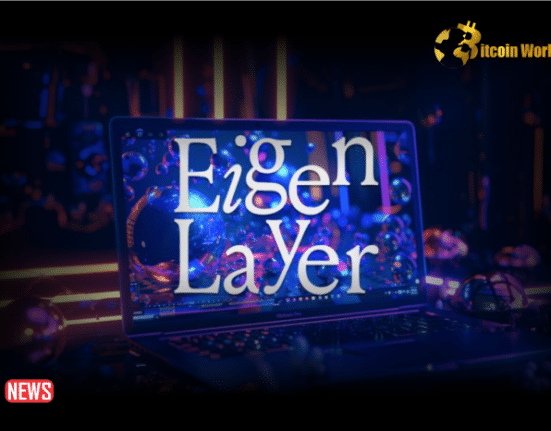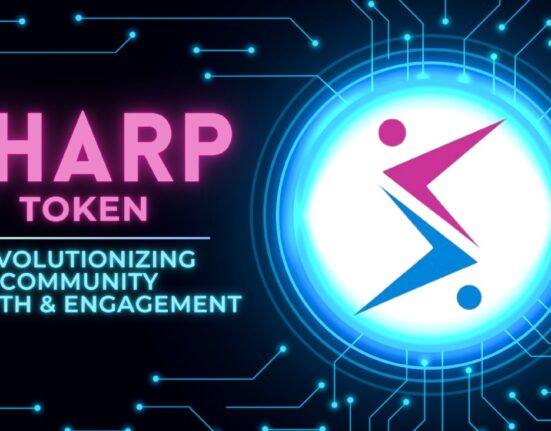A lawsuit was first served on the DAO using a support chat box, but a federal court ruled that the regulator “shall serve at least one identified Token Holder.”
The Commodity Future Trading Commission (CFTC) has been directed by a federal court in the United States to serve its lawsuit on the two initial founders of the Ooki decentralized autonomous organization (DAO).
On December 12, District Judge William Orrick directed the US regulator to serve Tom Bean and Kyle Kistner, the creators of the forerunner of Ooki DAO, the decentralized trading platform bZeroX.
Bean and Kistner had previously resolved charges with the CFTC in September pertaining to illicit commodities offers on bZeroX, while additional charges were filed against Ooki DAO token holders, which were served through a support chat box and a notification on its online forum.
However, when Judge Orrick realized that Bean and Kistner were also holders of Oki DAO tokens, he changed how the CFTC was to serve the case.
“In this instance, it is evident that Ooki DAO had real notice of the complaint,” concluded Judge Orrick. “However, in order to offer the greatest possible notice, the CFTC should serve at least one identifying Token Holder, if feasible.”
The CFTC’s first strategy to bringing the case was met with opposition, and members of the crypto sector submitted amicus papers in favor of Ooki DAO, arguing that the CFTC should locate Ooki DAO members and serve them personally with the complaint.
On December 7, the United States District Court for the Northern District of California convened a hearing with the CFTC and individuals who submitted amicus briefs in an attempt to convince Judge Orrick to rethink permitting the CFTC to serve Ooki DAO via its assistance chat box.
“During the hearing, the CFTC argued that it was aware that some of Ooki DAO’s Token Holders resided and conducted business in the United States since the two founders of Ooki DAO’s precursor company, bZeroX LLC, are Token Holders who live in the United States,” Orrick wrote.
“This was all new to me,” he continued. “Both the lawsuit and the CFTC’s Motion for Alternative Service make no mention of the former founders, [Bean and Kistner], being or having been Token Holders.”
“The CFTC is now ORDERED to serve Bean and Kistner as Ooki DAO Token Holders,” he said.
The CFTC resolved charges against Bean and Kistner on September 22 for “illegally providing leveraged and margined retail commodities trades in digital assets” through bZeroX.
Simultaneously, it launched a complaint against Ooki DAO, stating that it used the same software as bZeroX after taking control of it, violating “the same laws as the respondents.”
Even inside the CFTC, the agency was chastised for initiating the action without clear regulatory rules, with CFTC commissioner Summer Mersinger dubbing it a “regulation by enforcement” strategy.















